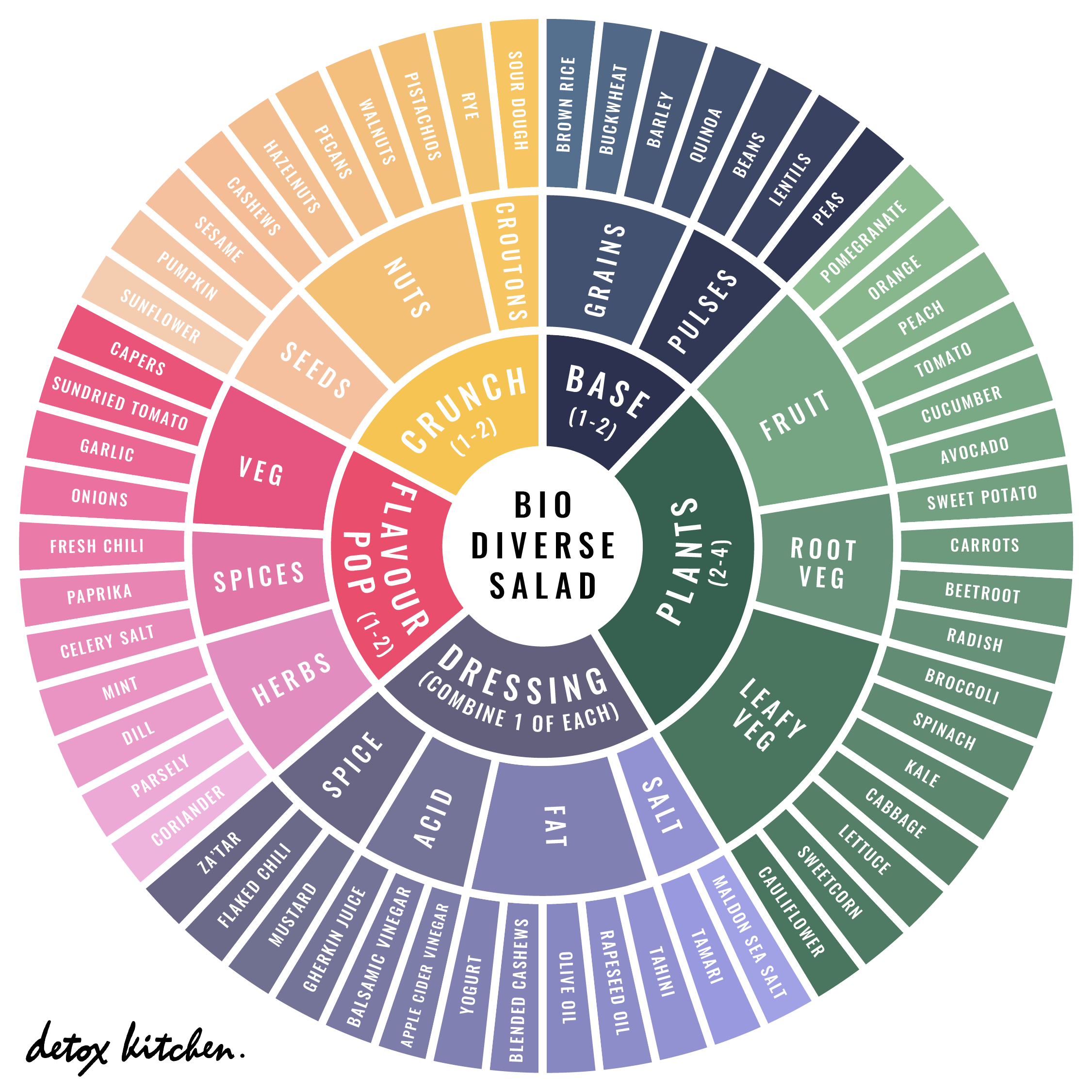29 Dec, 2021
Nutrients you need as a Vegan or Vegetarian
If you are thinking about becoming a vegetarian or vegan it's important to know how to replace the key nutrients that meat, fish and dairy provide. This simple list should help you navigate your way through what to fill your shopping basket with.
LifestyleIf you chose to become vegetarian or vegan for a short period or indefinitely, there are two things you need to make sure you focus on. Firstly, make it delicious, because if the change you make isn’t enjoyable then you won’t stick to it. There are lots of brilliant books and blogs out there with great recipes, you can start with this one, it’s my absolute favourite recipe. And secondly, it’s really important that you read up on how to replace the nutrients that you were getting previously from meat, fish and dairy products.
Below, with the help of our Nutritionist Rob Hobson, I have complied a list of the key nutrients you need and the foods that you can get them from meat, fish or dairy.
PROTEIN
Although plant foods contain protein, they’re called ‘incomplete’ as they don’t contain all of the essential amino acids found in meat. It’s important that you combine your non-meat proteins together so the amino acid profiles complement each other (a lack of essential amino acids could impact on your body’s ability to build certain proteins and affect many aspect of your health as they are vital for the growth and repair of cells and tissues. Known as ‘food combining’, this is simple to do by making meals that contain two or more of the non-meat protein sources (below).
PLANT-BASED PROTEIN SOURCES INCLUDE:
Chickpeas
Lentils
Black-eyes beans
Split peas
Tofu
Miso
Edamame
Nuts
Seeds
For vegetarians only: Eggs
MICRONUTRIENTS
Vitamin B12, Omega Fatty Acids, Iron and Calcium are four essential micronutrients that are commonly found in food of animal origin.
IRON SOURCES INCLUDE:
Tofu
Pulses
Dried fruit
Dark leafy vegetables (except spinach which can inhibit mineral absorption)
Wholegrains (oats and brown rice)
Nuts
Spices
CALCIUM SOURCES INCLUDE:
Fortified rice milk
Tofu
Almonds
Sunflower seeds
Tahini
Dark leafy vegetable
VITAMIN B 12 SOURCES INCLUDE:
Most nutritionists would recommend vegans or vegetarians taking a B12 supplement as is it difficult to get enough from non-meat sources and lack of this important vitamin can cause anemia, tiredness and extreme fatigue.
OMEGA FATTY ACID SOURCES:
Chia seeds and oil
Flax seeds and oil
Walnuts
A vegan high protein diet can support energy and muscle repair when built around smart combinations like pulses and tofu and other healthy fat foods such as flax seeds and walnuts are also key for brain and heart health. Plus, the omega-3 benefits found in these foods further support overall wellness. Explore how our healthy meal delivery makes it easy to stay nourished without the guesswork.



